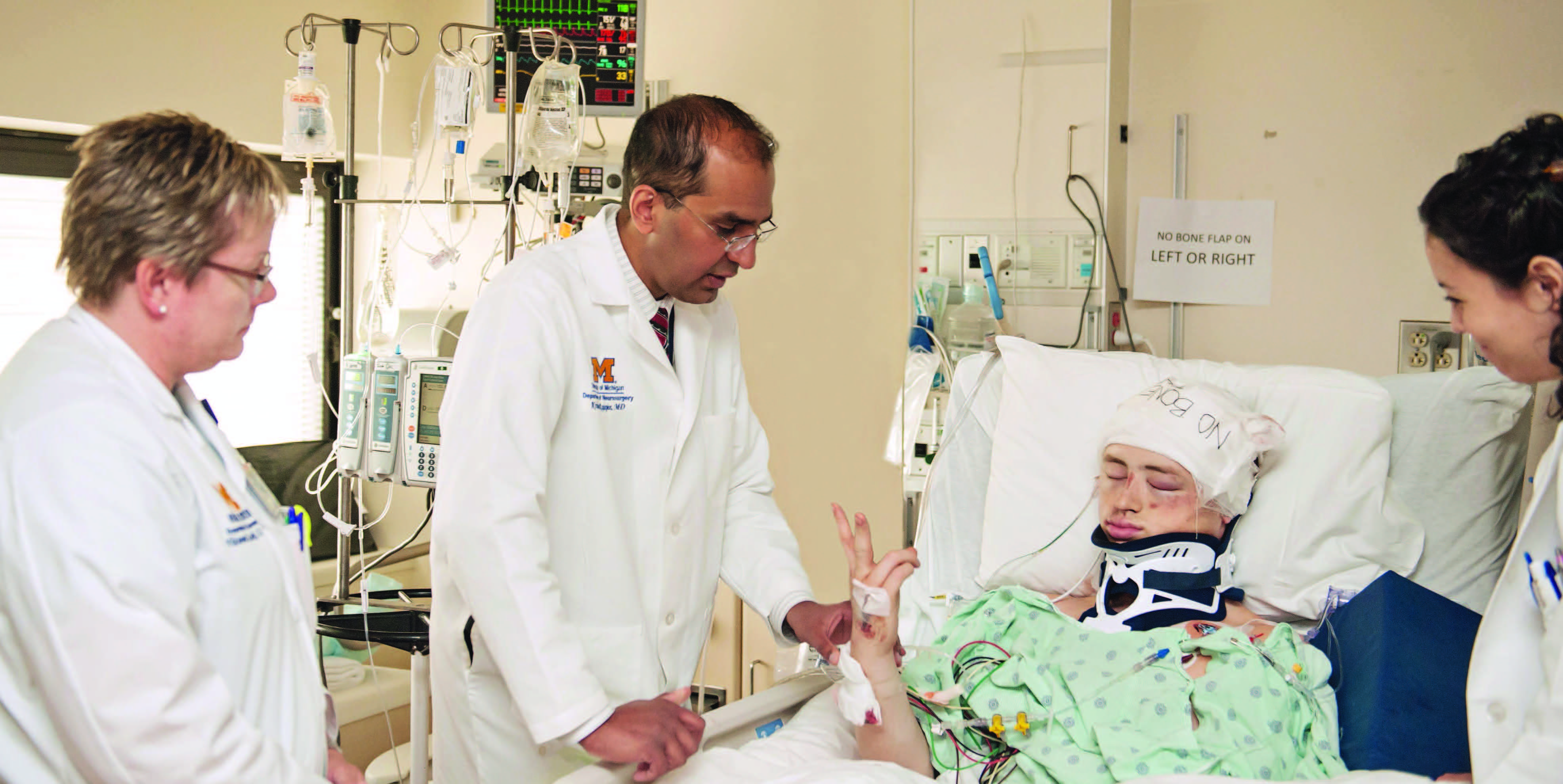Neuro Patient Care

A principle objective for people with long term disability due to neurological disease, whether it be stable or progressive, is to live an independent life in the community for as long as possible. The neurological management of these patients aims to reduce their disability and consequent handicap within society. The most basic needs to allow independent living are access to information, advice and treatments from appropriate clinical specialists, counselling, housing, provision of aids and equipment, personal help, transport, and access to society.
It is the wish of most people to live at home. When resources are scarce, shifting the balance towards care in the community becomes increasingly important. The issues concerning the provision of domiciliary aids and care are complex and encompass individual wishes and the influences of society, as well as economic, social, and political issues. There are considerable variations in the provision of domiciliary services in different societies, and this chapter considers the problems from a United Kingdom perspective.
Factors that influence the delivery of domiciliary neurological care
These include:
-
The aetiology of the disorder
-
The nature and severity of the disabilities
-
The age of the patient
-
The availability of domiciliary support
-
Housing
-
Financial resources
